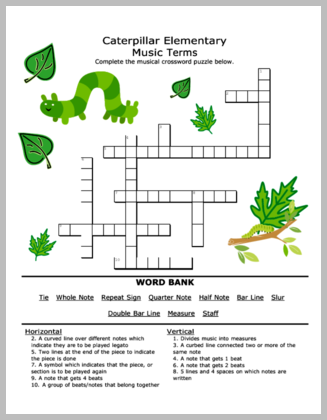“Dr. Clark believed passionately in the transformative power of music making in the life of every person – not just the young, not just the gifted, not just the privileged.” — Frances Clark Center
What can teachers do when parents can’t afford lessons for their child?
There are many things that a teacher can do to be appropriately and adequately compensated for the efforts and time they put into lessons, while also still making lessons affordable for those in hard times. Here are a few ideas:
Scholarships are a great way to reward dedicated students and/or help financially strapped parents.
- Hold informal/formal auditions for merit based scholarships
- Employ the use of a third party judge (another piano teacher in your community would be great!), or judge the auditions yourself.
- Provide a Parent Intake form for financial considerations. Many parents are not going to divulge a lot about their finances in order for their child to take piano lessons, but having a form will weed out those who just want to take advantage of a better deal.
- Be sure to advertise that you offer scholarships in your studio as an added incentive for students to book lessons with you!
When finances are tight for parents, exchanging services instead of money can often keep lessons in place. Do you have items which can be used as barter for lessons? For example:
- projects around the house
- babysitting needs
- cleaning
A traditional exchange system (i.e. money) isn’t the only option for creating value for lessons. Parents can work on projects while waiting for the students lesson. Or, students (if old enough) can help out directly after lessons. Be creative in your thinking! Offer options when situations seem appropriate.
There are many things you can do at your studio to create an incentive for parents to sign up with you and to keep students in your studio! Some suggestions include:
- 2 for 1 lessons
This could be done for the first month, or as holiday gifts, or specials for referrals, etc. For example,- Lessons given to two members of the same family, for the price of one.
- Or, with a single student it could be charging for only one lesson out of two given. This would essentially be half-price lessons.
- Buy one get one half-off.
This is especially helpful for parents who want to enroll more than one child, but are concerned about the cost of having multiple lesson fees. One student can be charged full-price and subsequent students of the same family are charged half-price each. - Referral discounts. Give families a one-time discount for referrals. This will motivate families to spread the word for you, and fill your studio with students!

